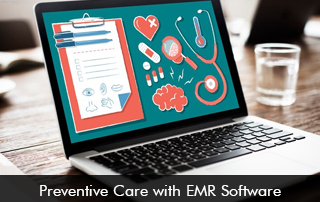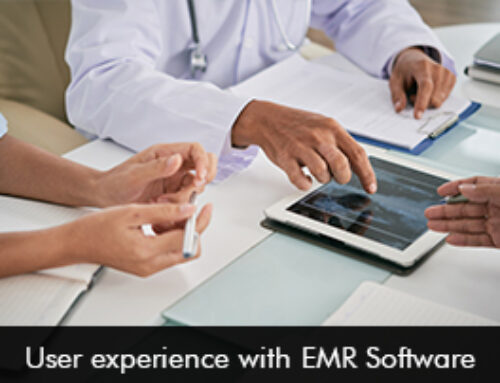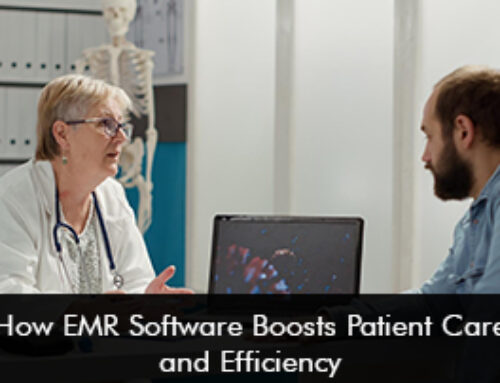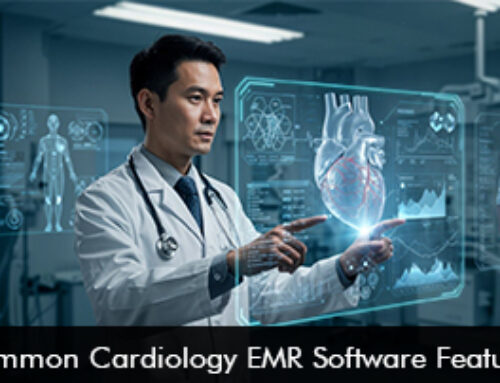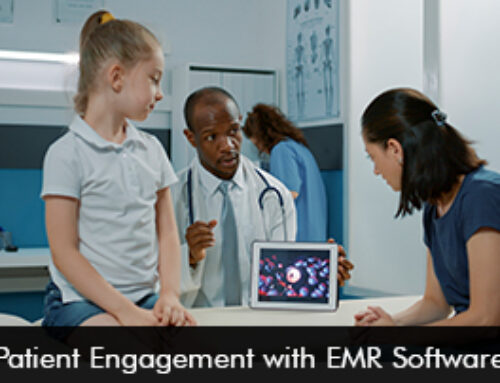Preventive care is essential in healthcare to improve overall health outcomes in populations. Preventive care’s major objective is to uphold and enhance general health while lowering the chance of particular disorders or consequences. It entails a range of tactics and exercises intended to maintain people’s health and reduce their risk of contracting illnesses.
How can EMR Software Support Preventive Care?
Electronic Medical Records (EMR) Software systems serve a critical role in promoting preventive care by providing a stable platform for healthcare providers to manage and administer proactive health treatments.
By deploying the robust health IT solution healthcare providers can timely intervene and hold regular screenings, vaccinations, physical examinations, and effective counseling to make everyone’s lives healthier.
Here’s how EHR software can help with preventive care:
Comprehensive Patient Data Management
Medical history, lab results, prescriptions, allergies, and demographic information are all stored in EMR systems. This consolidated repository provides healthcare providers with a comprehensive perspective of a patient’s health, allowing them to make informed decisions about preventive care. Based on the patient’s individual health profile and history, providers can analyze trends, identify risk factors, and develop personalized preventative care strategies
Reminders and Alerts
Electronic Health Records software offers the functionality of automated reminders and alerts. These reminders enable care teams and physicians to schedule and inform their patients about important screenings, mammograms, tests, and vaccinations. By staying proactive, providers and patients can avoid adverse healthcare situations contributing to preventive care and ultimately enhancing health outcomes.
Decision Support Tools
Decision support tools that provide evidence-based guidelines, best practices, and suggestions for preventative care are frequently included in EMR Software systems. These resources help clinicians make well-informed choices regarding tests, risk evaluations, and prophylactic measures. Through the utilization of these tools, healthcare providers can provide focused preventative care services that comply with recognized medical norms and protocols.
Patient Engagement Solutions in EHRs and their Role in Preventive Care
To encourage patients to participate in their preventive treatment, several EHR Software providers include patient portals or communication tools. This covers Epic Solutions, AdvancedMD Software, and athenahealth EMR Software.
Patients via the portal have easy access to their medical records, and educational resources on preventive care, and communicate with health teams smoothly. By encouraging patients to follow advised preventative care regimens and screenings, engagement tools such as the patient portal platform promote active involvement in health management.
Lung Cancer Screening with EMR Software
Lung cancer is a prime reason for the highest number of deaths in the United States. Every year more people die of lung cancer as compared to colon, breast, or prostate cancer.
Healthcare systems and hospitals can make use of their electronic health records software solution to find patients who are eligible for certain screenings. Lung cancer screenings can help providers save patient lives by detecting early signs where treatment efficacy is higher.
The EHR Software enables oncologists to provide a single report that identifies patients with care gaps for lung cancer screening, allowing organizations to reach out and schedule timely appointments. One healthcare organization leveraged the care gap reporting functionality in the EMR system and realized an 18% rise in lung cancer screening in patients which helped in lung cancer detection to improve health outcomes. Using EHR software technology is an effective way to get patients involved in preventive care.


